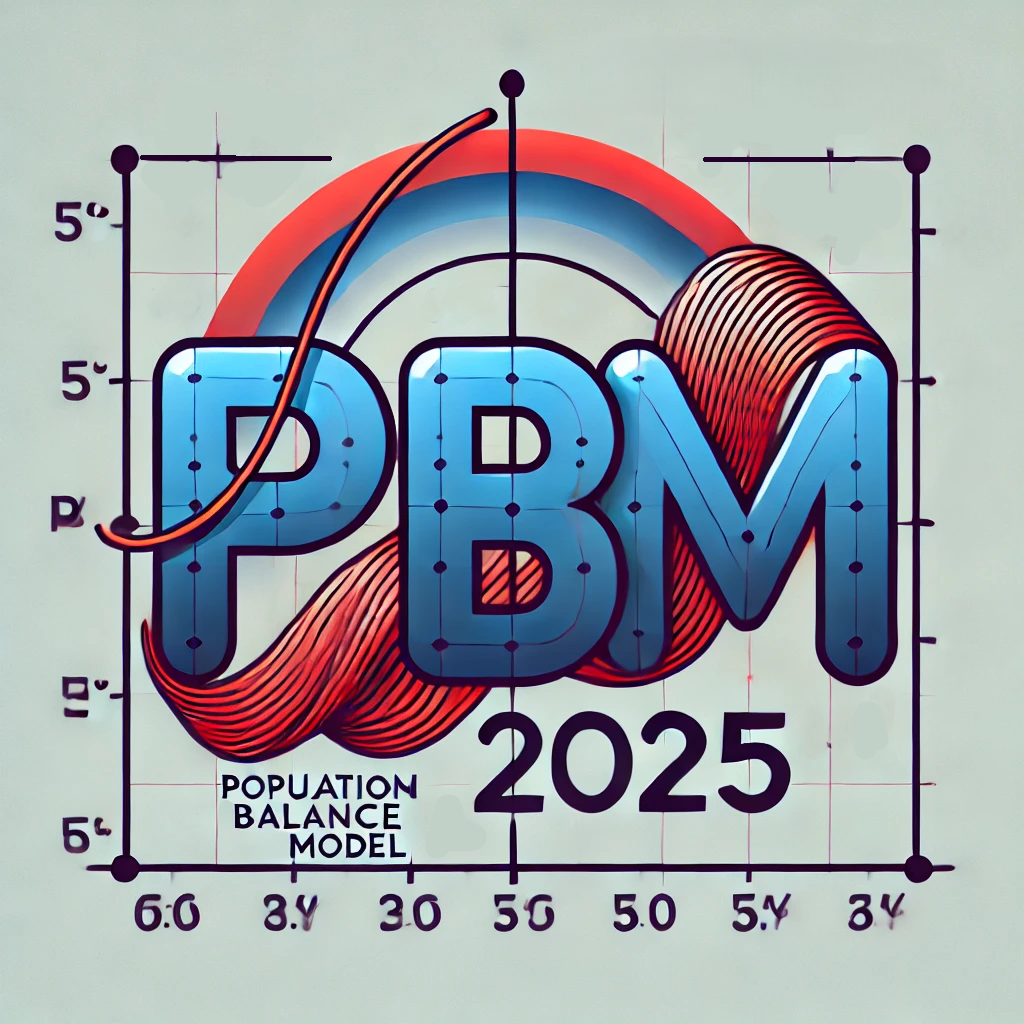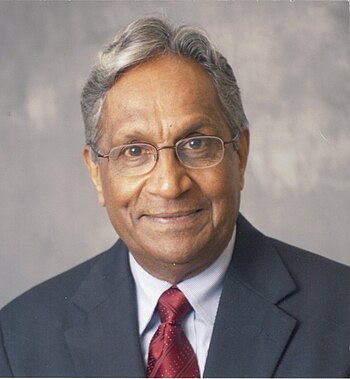
We can send the certificate of the attendance upon request!
Any question should be directed to pbm2025@purdue.edu.
The 8th International Conference on Population Balance Modeling (PBM 2025) is a premier event designed to unite researchers from academia and industry to share the latest advancements in population balance modeling across diverse fields.
This series of International Conferences on Population Balance Modeling began in 2000 to address the growing need for collaboration on population balance fundamentals, innovative developments, solution techniques, and applications across various disciplines. Since its inception in Kona, Hawaii, the conference has traveled globally to Valencia, Spain (2004); Quebec, Canada (2007); Berlin, Germany (2010); Bangalore, India (2013); Ghent, Belgium (2018); and Lyon, France (2022). Each event has fostered meaningful exchanges and fueled the ongoing interest in this vibrant field.
The PBM 2025 will explore the broad applications of population balance models, spanning industries such as pharmaceuticals, chemical processing, medical technologies, and biological systems. Key topics include developing and refining population balance models, innovative solution and simulation techniques, strategies for complex multivariate systems, and their integration into optimization and control frameworks.
The PBM 2025 will be dedicated in honor of Prof. Ramkrishna. Professor Doraiswami Ramkrishna is a pioneer whose groundbreaking contributions have fundamentally shaped the field of population balance modeling (PBM). His work has provided a rigorous mathematical framework for modeling and analyzing particulate and distributed systems, bridging theory and industrial application. By introducing advanced methodologies for formulating, solving, and interpreting population balance equations, he has enabled a deeper understanding of complex processes such as crystallization, polymerization, and multiphase flows. His seminal contributions have not only advanced the theoretical underpinnings of PBM but have also catalyzed its adoption across diverse fields, including chemical engineering, biotechnology, and pharmaceutical sciences, revolutionizing the way systems with distributed properties are studied and optimized.

Prof. Ramkrishna will deliver the opening plenary talk New Problems in Population Balances on August 11.
Selected contributions, including oral and poster presentations, will be invited to submit full-length papers in a special issue of Chemical Engineering Research and Design / Elsevier dedicated to the conference.